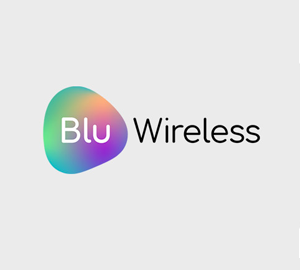The ground-breaking work for health and social care connectivity taking place at the Liverpool 5G testbed has been recognised by an funding and a year-long extension to the project. The Testbed Consortium will now be able to continue deploying their technologies and extending the network for another year. Out of the £1.48M, the UK Department for Digital, Culture, Media and Sport (DCMS) has contributed £0.94M and Testbed Consortium partners have provided £0.54M in funding.
Democratising Health and Social Care Technology
The innovations being implemented in Liverpool are designed to drive and enable improved health and social care delivery in patients’ own homes. Thanks to these technologies, patients are able to manage their own wellbeing and medication much more easily, especially in the case of long-term conditions such as diabetes and epilepsy. This frees up NHS and social care staff to care for patients who require critical care and empowers patients to live independently at home for longer.
The fact that Blu Wireless’s 5G mesh network can be deployed and is easily scalable in dense, urban environments such as Kensington and Fairfield in Liverpool makes these technologies much more accessible for wider application. To function at their best and support the delivery of critical services for patients, these applications are reliant on speed and reliable coverage.
The pioneering work of the Liverpool 5G Testbed will be fundamental to lowering the barriers to social care, healthcare and health technology across the UK. There is huge potential to scale the mesh network technology used in Liverpool to other communities. As a result, health and social care technology would become less costly to access and demand could be met with less strain on patients and medical staff. It is an exciting prospect – both for 5G innovation and the patients and communities who will benefit from this project and future derivatives.
Technology that makes a difference
The technology being trialled at the Liverpool 5G Testbed is already having a tangible impact for the local community, according to UK Government Minister for Digital, Margot James:
“The Liverpool testbed is just one of the innovative 5G projects we’re funding across the country and I’m pleased it can continue its important work. I recently visited it and saw first-hand how 5G can improve quality of life and transform the way health and social care is delivered in our communities.”
Blu Wireless have deployed a mmWave 5G mesh network in Kensington and Fairfield, Liverpool, to bring ultra-fast, multi-gigabit connectivity to individuals and care providers living and working in the local communities with limited take-up of broadband, helping to combat the digital divide. Whereas the cost of fibre deployment has previously held back the implementation of health and social care technology, mmWave networks provide and alternative for public services based on public assets such as lampposts.
Within the testbed, the mmWave mesh network is being used to support the delivery and development of multiple health and social care devices and apps in Liverpool including:
- Telehealth in a box: improved communication between hospital and community.
- Cloud based clinical mobility: using 5G to accelerate mobile solutions.
- Hospital test bed supporting development by SMEs.
- PAMAN: pharmacy to home video link
- IoT home sensor: helping people live independently at home.
- ‘Push to Talk’: reducing loneliness in care settings.
- Loneliness gaming/quiz app: connecting people to talk and play.
- Dehydration device: remote monitoring and early prevention of dehydration.
- Analytics/research (TAE/TRE) environment with access for researchers/analysts across the UK.
- Chromatic cameras in home care settings: predict falls and unusual patterns of behaviour in older people.
- Academic work to optimise access and use of 5G networks between multiple IoT devices









